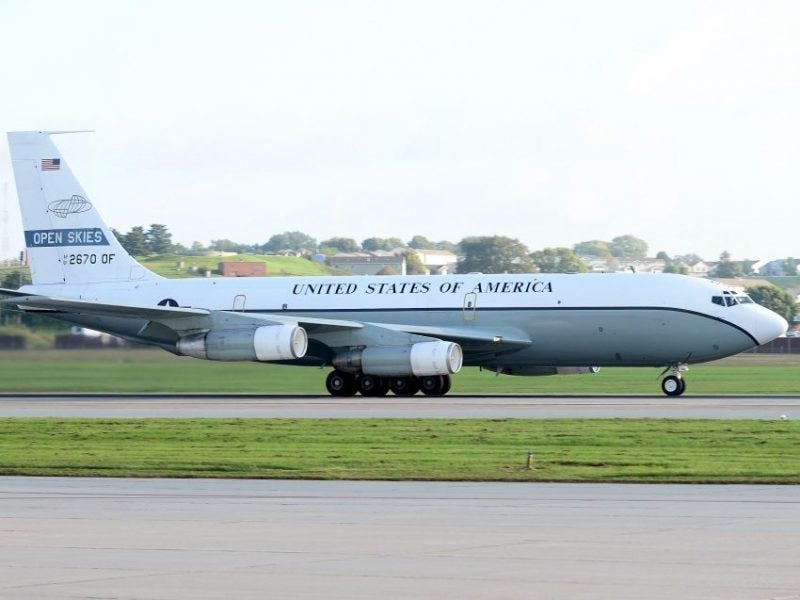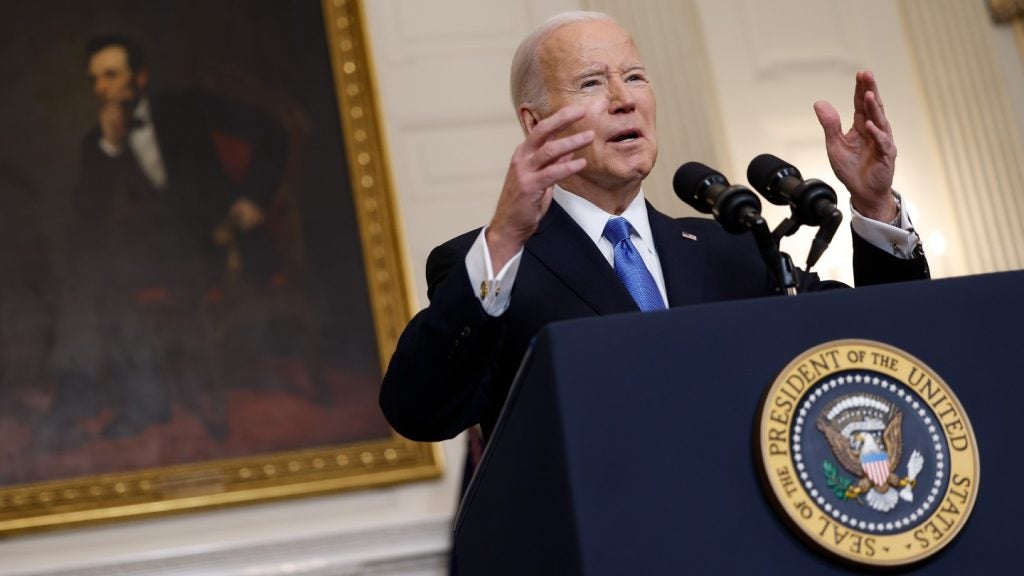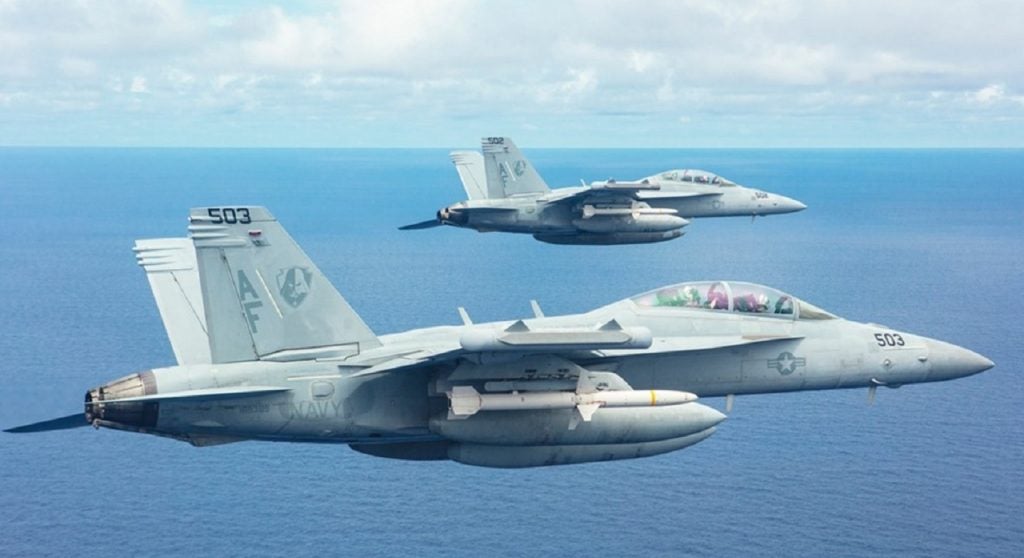
Open Skies, signed in 2002, allows signatories to undertake unarmed reconnaissance flights at short notice over countries’ lands as a means of assessing troop formations and collecting information on bases. The treaty is designed to reassure ratifiers that adversaries are not preparing for war.
The US has complained that Russia was not in ‘full compliance’ of the treaty but said that it would reconsider the decision to withdraw if they did so. In a statement, the US State Department said that the ‘Russia alone’ was the cause of the country’s decision to withdraw from the treaty.
The US decision, however, follows a trend within the Trump administration of pulling out of international arms control agreements. Last year, the US also withdrew from the Intermediate-Range Nuclear Forces (INF) Treaty that placed limits of the range of weapons that the US and Russia could deploy.
The US has complained that Russia held back access to certain areas to US flights; the US notification means that the US will formally withdraw from the treaty in six months from now. This decision can be reversed in the intervening time.
The US State Department said: “A cornerstone of President Trump’s National Security Strategy is to protect the American people, the American way of life, and American security interests. As the President has made clear, the United States must take a clear-eyed look at any agreement through the prism of today’s reality and assess whether such agreement remains in the US interest.
“After careful consideration, including input from allies and key partners, it has become abundantly clear that it is no longer in America’s interest to remain a party to the Treaty on Open Skies.”
How well do you really know your competitors?
Access the most comprehensive Company Profiles on the market, powered by GlobalData. Save hours of research. Gain competitive edge.

Thank you!
Your download email will arrive shortly
Not ready to buy yet? Download a free sample
We are confident about the unique quality of our Company Profiles. However, we want you to make the most beneficial decision for your business, so we offer a free sample that you can download by submitting the below form
By GlobalDataFor its part, Russia denied violating the terms of the treaty and claimed that the decision from the would ‘hurt’ the interests of the US and its NATO allies. Russia also claimed that the US decision was ‘absolutely not necessary’.
Responding to the decision, deputy Russian Foreign Minister Alexander Gruško said: “Our position is completely clear and constant – the US leaving this contract will be another strike on the military security system in Europe, which is already reduced by the previous steps of the administration, in particular the release of the medium-and less distance before NATO’s failure to ratify the agreement on the adaptation.
“This step will hurt the interests of the US allies themselves who are members of this European agreement.”
The US Department of Defence (DOD) echoed comments from the State Department, saying that the decision was justified by Russia violating the treaty on several occasions, adding that staying a part of the treaty was no longer in the US’ interest.
The DOD said in a statement: “The Open Skies Treaty was designed decades ago to increase transparency, cooperation, and mutual understanding.
“Instead, Russia has increasingly used the treaty to support propaganda narratives in an attempt to justify Russian aggression against its neighbours and may use it for military targeting against the United States and our allies.”
The DOD cited Russia limiting flight distances over the Kaliningrad Oblast and denying flights over the Georgia-Russian border as examples of the country’s treaty violations. The DOD also said Russia denied flights over a major military exercise in 2019 ‘preventing the exact transparency the Treaty is meant to provide.’
The DOD said it was working with US allies to explore options to fill in the gaps in intelligence and reconnaissance that may result from the US decision to withdraw from the agreement.






